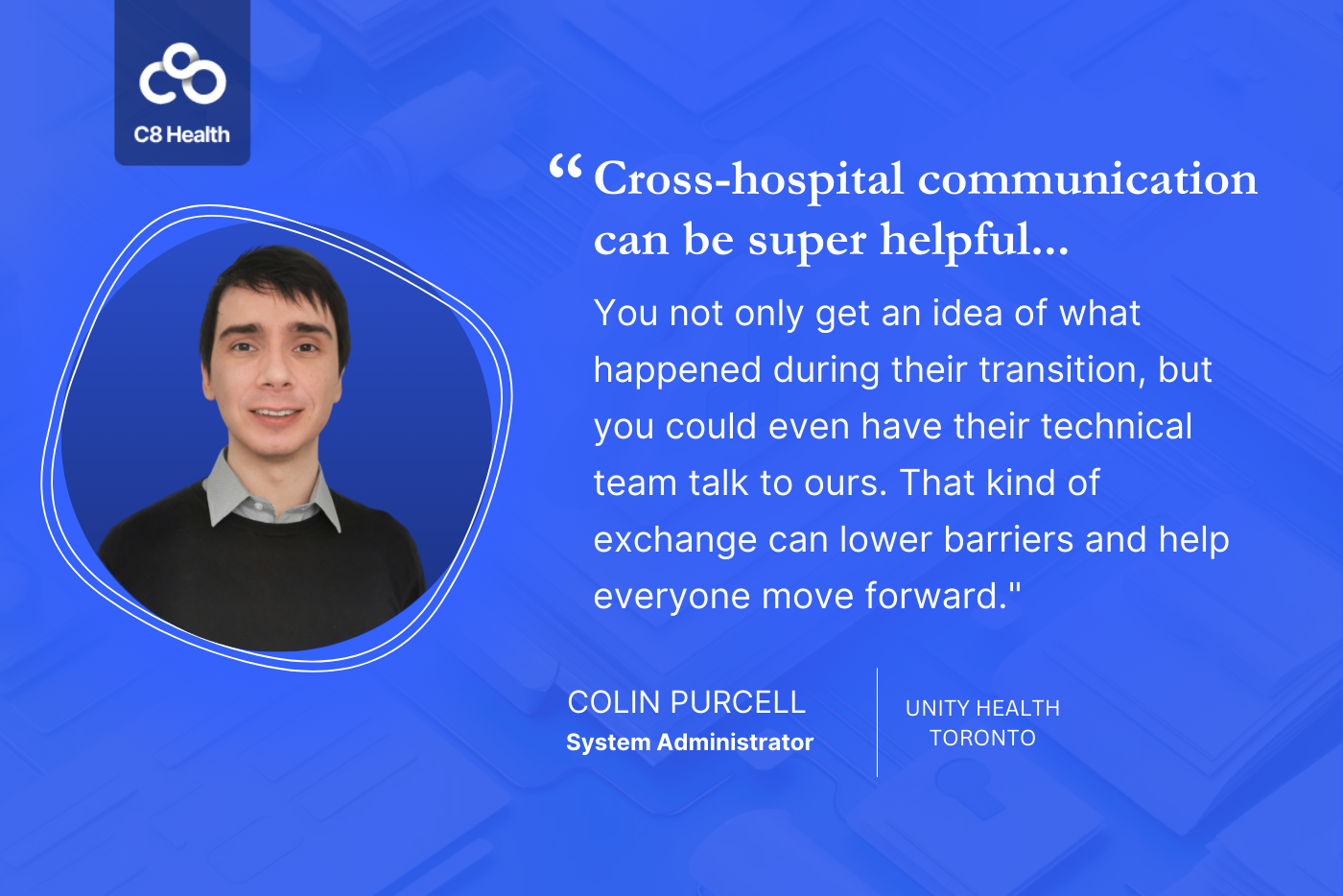Why Are Wellness Programs Important in the Healthcare Workplace
Facing high turnover? You're not alone. Discover how wellness programs can benefit your organization, not just for your staff's well-being but also for improved patient care.


Health Care Leader DNP, MBA, RN, NEA-BC Expertise Human Centered Leader, Educator , Nurse Executive, Project Management, Knowledge management, Staff health Education Grand Canyon University- Doctorate, Nursing Administration, WGU Washington- Masters Business Administration, Health/Health Care...
See Full BioLearn about our
Editorial PolicyPublished June 4, 2024.
You don't have to look very far to find evidence that employee turnover is a significant concern within healthcare. According to an NSI Nursing Solutions statistic, the current rate of workers leaving is 22.7%.
While wellness programs may not be a cure-all for this issue, they certainly benefit overall satisfaction in the workplace. Ideally, they lead to higher retention rates because your staff feels supported.
Wellness is near and dear to my heart as a registered nurse. That's why I think it's essential that we care for ourselves so we can help our patients the best we can. As the people in aviation say, you need to put your oxygen mask on first before you help others.
Meet the Expert
Bev Holland is a registered nurse trained in the US. She has experience in labor, delivery, and pediatric and neonatal intensive care-all within acute treatment hospitals. Bev has two master's degrees in business administration and nursing.

Access Clinical Resources: Unite your department's knowledge on any device.
Manage Your Knowledge: Easily create, maintain, and update clinical resources.
Integrate Your Workflows: Deliver content directly to the point-of-care.
Collaborate and Communicate: Share knowledge and communicate across medical institutions.
Analyze Your Data: Track clinician engagement with custom insights.
What Is a Wellness Program?
A wellness program helps clinicians improve their overall well-being. It's all-encompassing, whether delivered via an app or a strategy within your organization.
One of their most significant benefits is nutrition and weight management. Healthcare professionals work full-time in stressful environments, so it's common for them to need help maintaining healthy habits.
These plans address this issue through personal fitness and exercise. They may encourage competition by rewarding employees with insurance discounts if they do more than 10,000 steps daily. They might also reimburse workers for workout programs or facilities.
Note: Mental health support is essential. Whether it's counseling or coaching, having a confidential outlet to focus on workplace challenges can be invaluable for healthcare providers. You can help them by offering free or reduced-rate access to a therapist.
» Learn how to drive operational efficiency in your organization
The Impact of Wellness Programs
Remember the analogy about putting on your oxygen mask before you can take care of others? It's an important principle, especially in healthcare, maybe more so in the US.
Interacting with patients shapes their satisfaction and experience. Clinicians should be at their best to ensure a positive one. Wellness programs benefit your staff by helping them practice self-care so they can leave their personal issues when they walk through the door of the hospital.
» Explore how knowledge management affects patient care
How a Wellness Program Affected Me
During both the COVID pandemic and a personal family crisis I had several years ago, I found access to confidential counseling incredibly helpful. Through LERA-a service provided by my employer-I attended one-on-one therapy sessions to work through personal hurdles.
The fact that it was at no cost was also invaluable to me. While it didn't erase the trauma, I navigated through it and became the best version of myself.
Note: We had up to 52 free visits a year, which was ample support for those who needed it. The continuity of care with the same counselor was incredibly beneficial. Many other people also used this resource, and its availability showed our organization cared about us.
The Future of Wellness Programs
I believe the future of wellness programs lies in more interactive features, although not quite AI-driven. For example, syncing with smartphones would be beneficial. We could receive prompts to stand up after sitting for too long, similar to what an iPhone does.
Organizations could also leverage advanced analysis to provide personalized recommendations based on individual health data collected from wearable devices and smartphone apps. This integration would include real-time feedback on activity levels, sleep patterns, and nutritional intake.
» Check out the latest advancements in medical technology
Building a Winning Wellness Program
- Tailor the Program to Your Team's Needs: Avoid generic wellness apps. Hold focus groups or surveys to understand what your team needs. This could include anything from on-site healthy meal options to financial wellness plans to help manage student loan debt.
- Continuous Feedback Loop: Once you launch the program, keep the conversation going. Regularly ask for feedback through surveys or town halls. Are the mental health resources helpful? Can the approach be more flexible to accommodate shift work schedules?
- Prioritize Mental Well-Being: Healthcare workers face unique stressors. Focus on evidence-based ways for managing burnout and compassion fatigue. Offer access to therapists specializing in these areas, or consider mindfulness training.
Knowledge management platforms are an important part of ensuring clinician wellness. Download our latest report to learn more.
» Discover how to refine onboarding for new hires
Boosting Morale, Reducing Turnover Rate
The high rate of employee turnover in healthcare paints a concerning picture. But wellness programs aren't just a bandage-they're a commitment to a healthier, happier workforce. By prioritizing our team's well-being, we can create plans that benefit our staff so they can truly make a difference.
Remember, a well-rested clinician is a better caregiver. Like that oxygen mask analogy, let's invest in ourselves first so we can provide the best care possible for our patients. It's not just good for them; it's beneficial for all of us.
Investing in your workplace continues beyond wellness. C8 Health empowers providers to easily find and apply their institution's best practices, fostering a collaborative learning environment. The platform updates the entire staff in real-time on new information via push notifications on their devices.








